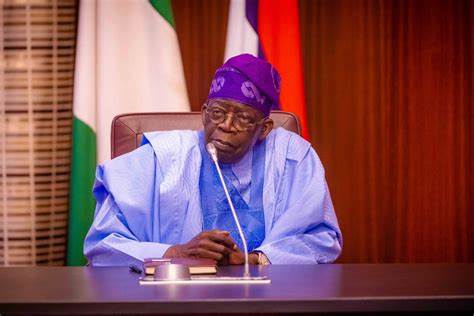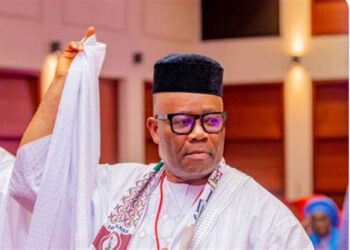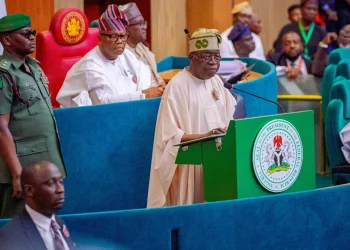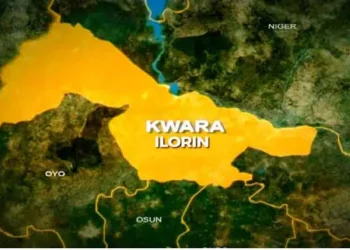President Bola Ahmed Tinubu has introduced a significant healthcare intervention by approving subsidies that drastically reduce the cost of kidney dialysis treatment for Nigerian patients across the country.
The new policy, announced by presidential aide Sunday Dare, cuts dialysis session costs from ₦50,000 to ₦12,000, representing a 76% reduction that promises to bring substantial relief to thousands of citizens suffering from kidney-related ailments.
According to Dare’s statement, the subsidy program is already operational in ten major federal healthcare facilities strategically located across Nigeria’s six geopolitical zones. The beneficiary institutions include Federal Medical Centre Ebute-Metta in Lagos, Federal Medical Centre Jabi in Abuja, and University College Hospital in Ibadan.
Other participating hospitals are Federal Medical Centre Owerri, University of Maiduguri Teaching Hospital, Federal Medical Centre Abeokuta, Lagos University Teaching Hospital, Federal Medical Centre Azare, University of Benin Teaching Hospital, and University of Calabar Teaching Hospital.
The presidential aide indicated that the government plans to expand the program’s reach before year-end, with additional federal medical centres and teaching hospitals set to join the initiative to ensure wider nationwide access to affordable dialysis treatment.
This healthcare intervention follows another significant policy introduced by the Tinubu administration last year, when the president approved free cesarean sections for pregnant women in federal hospitals. That initiative was designed to enhance maternal healthcare services and reduce preventable maternal deaths across the country.
The kidney dialysis subsidy addresses a critical healthcare need in Nigeria, where the high cost of treatment has historically placed life-saving procedures beyond the reach of many patients. Kidney disease affects a significant portion of the Nigerian population, with dialysis being an essential treatment for those with chronic kidney conditions.
The substantial cost reduction is expected to improve healthcare accessibility and potentially save lives by making regular dialysis sessions financially feasible for more patients who previously could not afford the treatment.
Healthcare advocates have long called for government intervention in medical costs, particularly for chronic conditions requiring ongoing treatment. The new subsidy represents a direct response to these concerns and demonstrates the administration’s commitment to making healthcare more affordable for ordinary Nigerians.



















